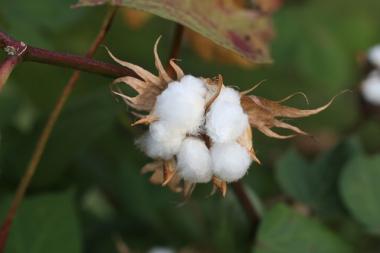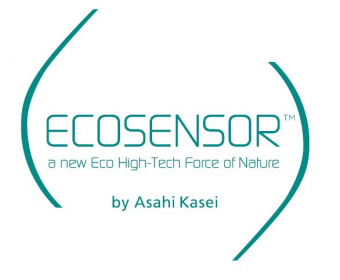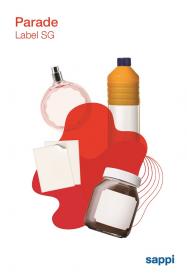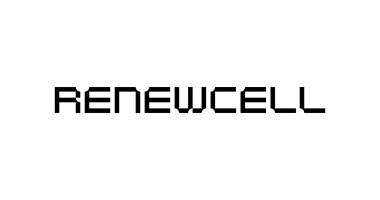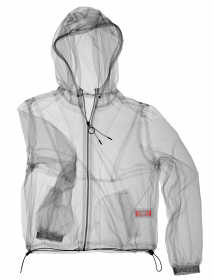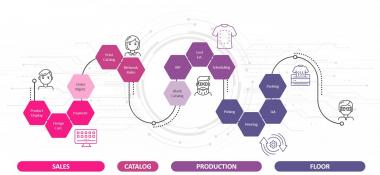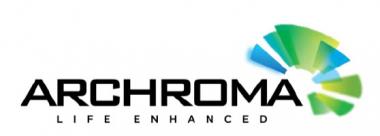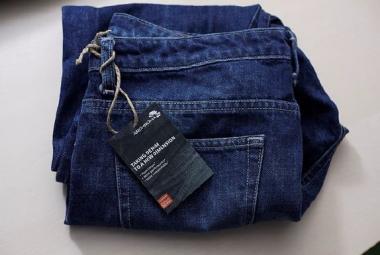Otrium and Bleckmann launch garment repair partnership
Digital fashion outlet Otrium announces the launch of a dedicated garment refurbishment and repair programme for damaged returns following a successful pilot scheme. The initiative is being run in partnership with Bleckmann, experts in supply chain management for fashion and lifestyle brands. Working with Bleckmann’s team of circular fashion experts from The Renewal Workshop, Otrium is taking the next step in its strategic journey to help reduce the number of that might ultimately end up in landfills or destroyed.
Most of the returns that Otrium currently receives can be easily restored and put back on sale. However, in rare cases, returned items are damaged. “Preventing waste is an important part of Otrium’s DNA, and thanks to our partnership with Bleckmann and their Renewal Workshop team, we can now repair the majority of damaged returns and put them back into circulation,” said Kevin Carolan, Director of Logistics at Otrium. “We are happy that we can use our position in the fashion supply chain to create lasting change and accelerate towards our mission of reducing the volume of garments that go to landfill.”
Since 2020, Otrium is exploring refurbishment and repairs with their third-party logistics provider Bleckmann. In April 2023, both partners started a three-month pilot at Bleckmann’s facility in Almelo, the Netherlands, to expand the programme with a broader range of repairs and optimised processes through data use. During the pilot, the Renewal Workshop team at Bleckmann refurbished more than 1,000 returned garments, shoes and accessories for Otrium each month.
“With hundreds of high-end labels on the platform, we needed an efficient solution tailored to the needs of a wide range of products – from shoes and coats to bags,” explained Marlot Kiveron, Head of Sustainability at Otrium. “The Renewal Workshop team worked closely with us to develop a streamlined and scalable process that could grow in line with our ambitions, delivering like-new repairs at the speed of e-commerce. Their combination of purpose, professionalism, agility and expertise makes them the ideal partner for this kind of project.”
Bleckmann’s integrated data capabilities were also crucial to the success of the partnership. “Data collection and analysis can be vital in demonstrating the commercial viability of sustainability initiatives,” said Tamara Zwart, Director of Renewal at Bleckmann. “Using our advanced stock tracking systems, we determined that 70% of the renewed Otrium stock had been sold within seven weeks. We’re all delighted with the results!”
Furthermore, carbon-tracking software Vaayu calculated that on average, a refurbished return sold on Otrium avoids 2.760kg of carbon emissions and 69g of waste proofing that this programme can have a positive impact on both: the planet and the business.
Having established the business case, the team decided to expand the initiative beyond the pilot phase. “This project is a milestone in our sustainability journey,” concluded Marlot. “It’s a key part of our ongoing commitment to finding more ways to reduce our environmental impact while helping to ensure that more clothes get worn. By the end of 2023, we aim to repair at least 25,000 damaged garments. Together with Bleckmann and their renewal experts, we’re well on our way to proving that this circular business model can be a valuable part of our future growth.”
Otrium, Bleckmann










